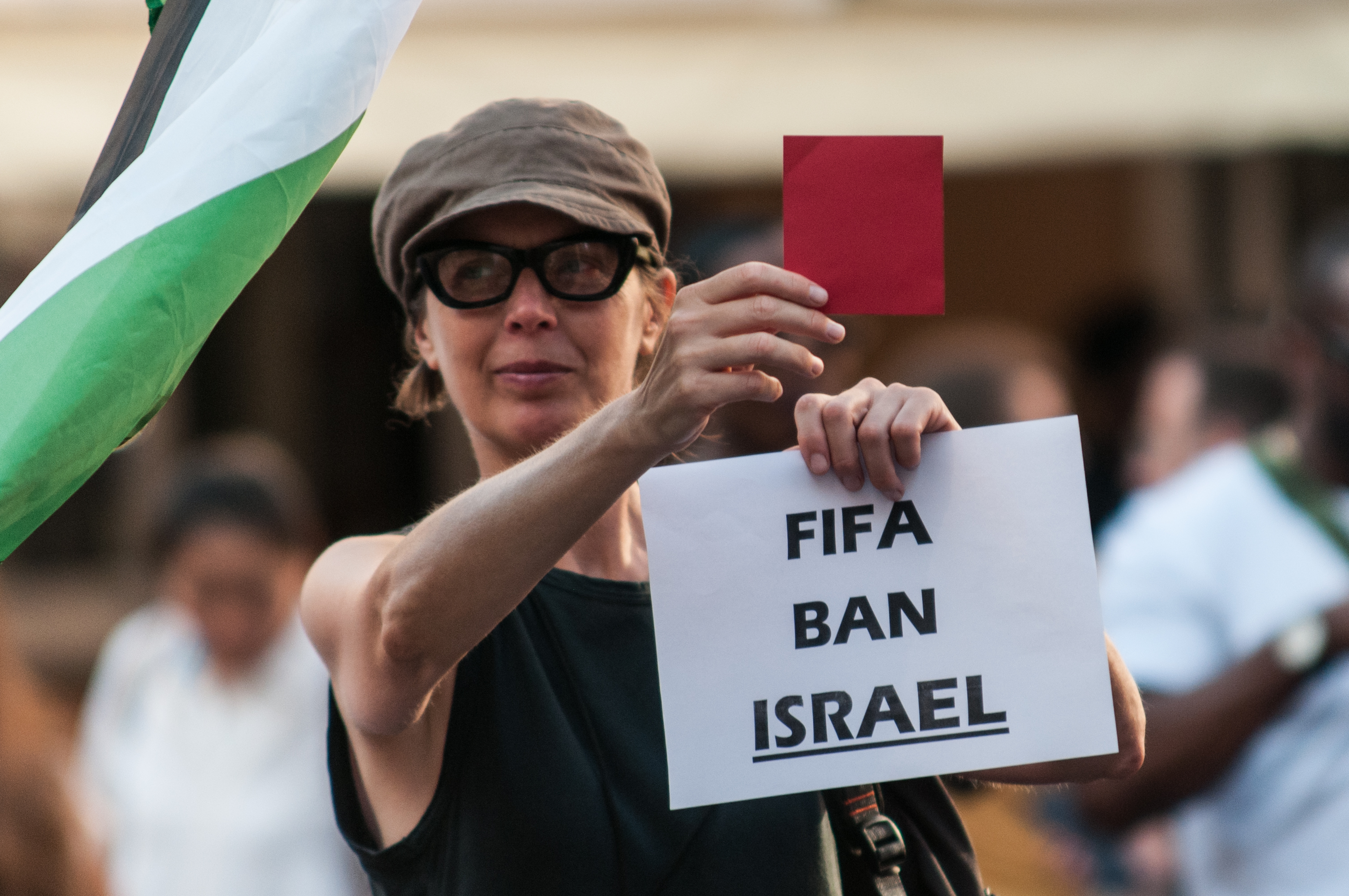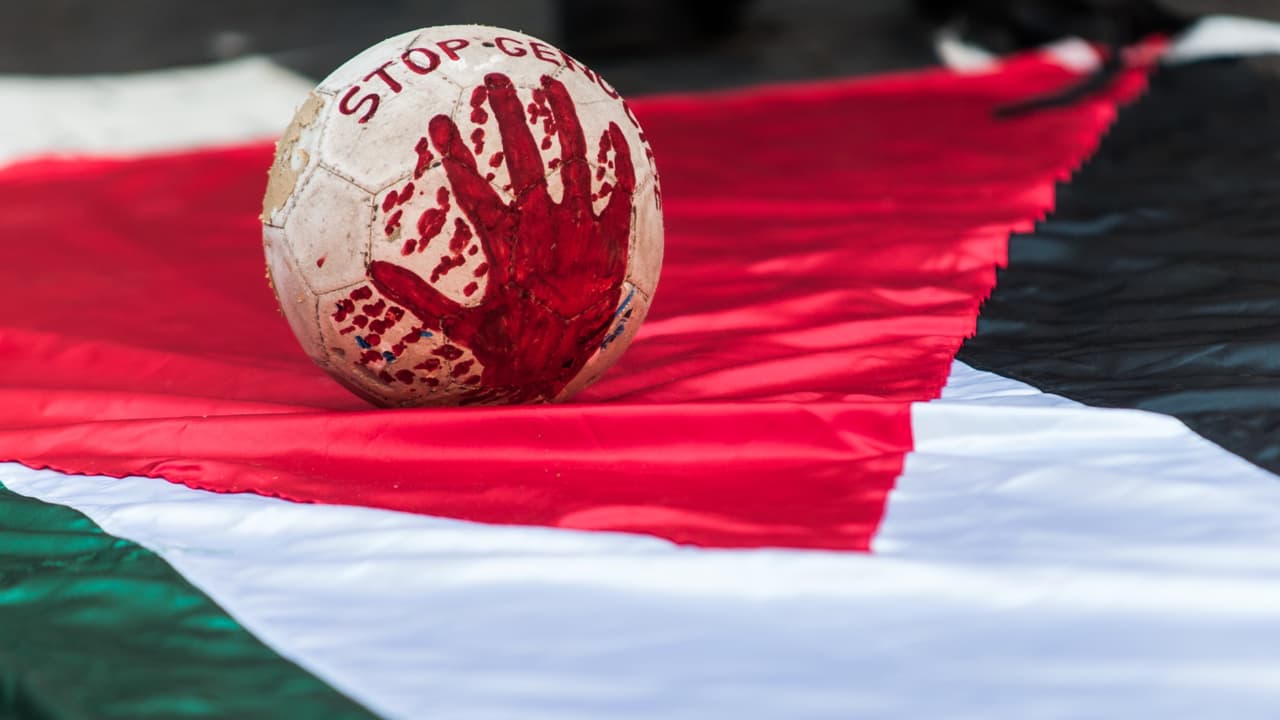UN experts have urged FIFA and UEFA to suspend Israel over alleged genocide in Gaza, calling for action against the state—not individual players. Icons like Eric Cantona support the move, urging clubs worldwide to refuse Israeli teams in matches.
A group of United Nations experts has made a bold appeal to the world of football, urging FIFA and UEFA to suspend Israel amid accusations that it is committing genocide in Gaza. Their call highlights the intersection of global sports and human rights, challenging organisations to reconsider “business as usual” in light of ongoing atrocities.
Scroll to load tweet…
Sports Cannot Remain Neutral
“Sports must reject the perception that it is business as usual,” the eight independent UN experts said in a joint statement on Tuesday.
“Sporting bodies must not turn a blind eye to grave human rights violations, especially when their platforms are used to normalise injustices,” they added.
They argued that national teams representing countries accused of committing massive human rights violations should not be allowed to compete on the international stage.
“National teams representing States that commit massive human rights violations can and should be suspended,” they demanded.
While UEFA declined to comment on the statement and FIFA did not respond immediately, the experts stressed that such action was essential to addressing the humanitarian crisis.
The Genocide Accusation
The experts’ remarks come a week after the UN Independent International Commission of Inquiry (COI) confirmed that “genocide is occurring in Gaza,” assigning responsibility to Israel.
Israel has consistently rejected these accusations, framing its military actions as retaliation following Hamas’s deadly attack inside Israel on October 7, 2023.

Hosting Countries Must Take Responsibility
The UN experts emphasised that countries hosting international sports events with Israel should not remain passive.
“We are clear that the boycott must be addressed to the State of Israel and not to individual players. We have always maintained that individuals cannot bear the consequences of the decisions their government makes, so there should be no discrimination or sanctions against individual players because of their origin or nationality,” the experts said.
Among the experts are Francesca Albanese, the UN special rapporteur on rights in the Palestinian territories, and members of the UN working group on business and human rights.
The experts also recognised the efforts of civil society groups advocating for the suspension of the Israeli team.
“They must fulfil their obligations not to provide aid or assistance that would help maintain the situation created by Israel’s illegal presence in the Occupied Palestinian Territory. We support the calls for action that aim to encourage the implementation of the Advisory Opinion of the International Court of Justice and impose consequences on the State of Israel for breaching international law,” the experts said.
“Once again, we urge FIFA to stop legitimising the situation arising from Israel’s unlawful presence in the Occupied Palestinian Territory. There is a legal and moral imperative to take every measure possible to end the genocide in Gaza now.”
Voices from the Football World
Former Manchester United star Eric Cantona lent his voice to the campaign during a recent Amnesty International event in London. He criticized what he described as “double standards” in global football governance.
“Four days after Russia started the war in Ukraine, FIFA and UEFA suspended Russia,” Cantona said. “We are now 716 days into what Amnesty International has called a genocide, and yet Israel continues to be allowed to participate.”
He urged the footballing community to act immediately: “FIFA and UEFA must suspend Israel. Clubs everywhere must refuse to play Israeli teams,” he said.
The Debate Ahead
The UN experts’ call has ignited a debate over the role of sports in upholding human rights. Can football truly remain a neutral arena in the face of ongoing atrocities? As UEFA and FIFA weigh their response, the world watches to see whether sports institutions will follow the path of principle—or continue business as usual.
